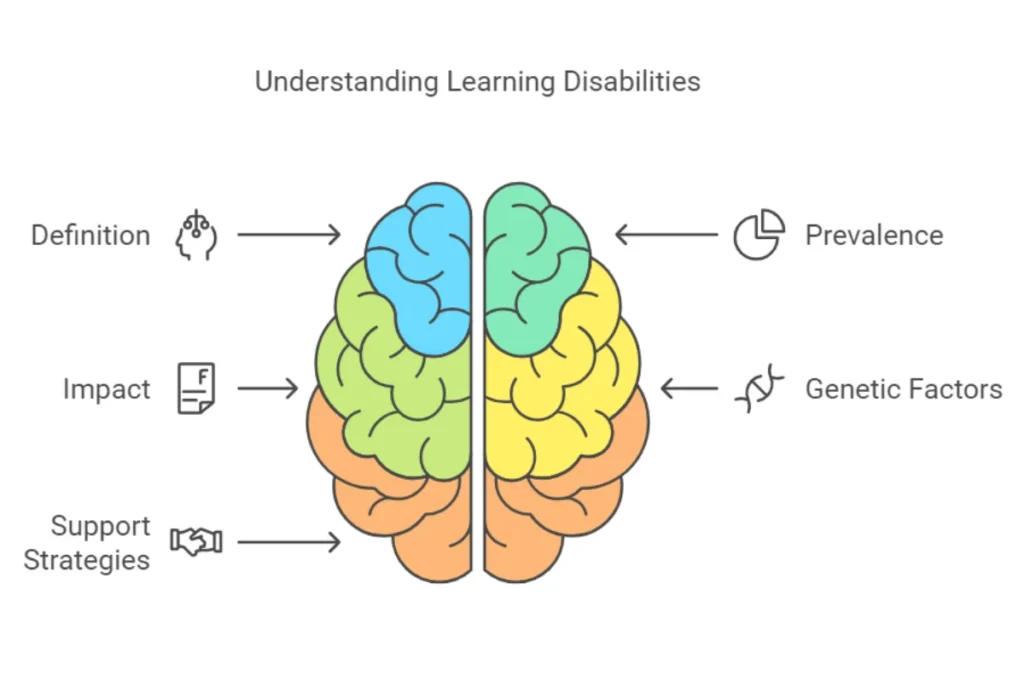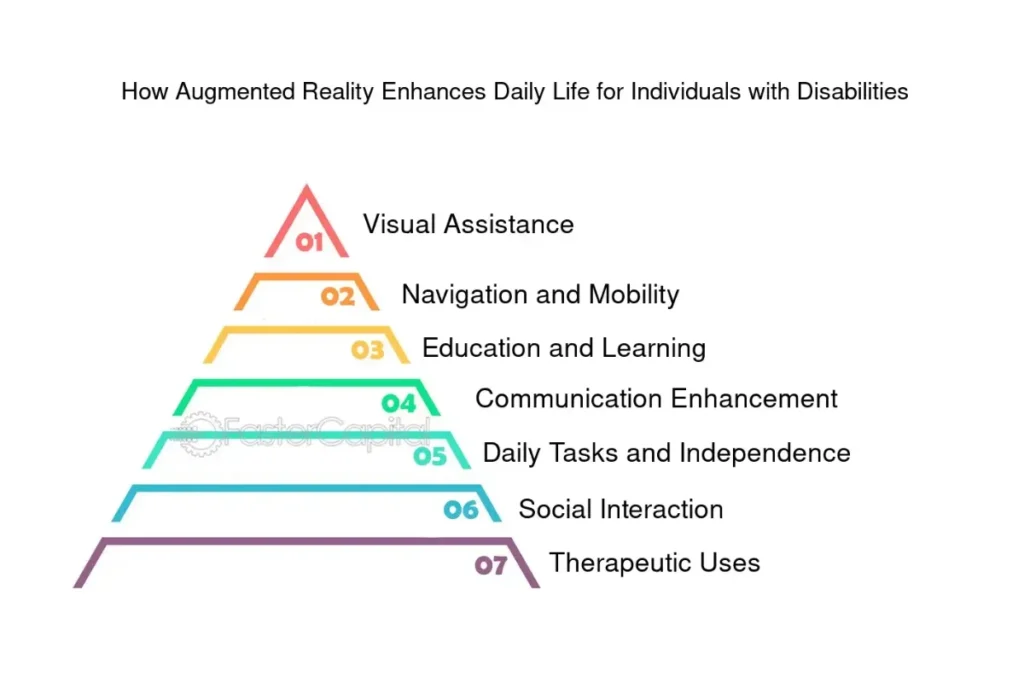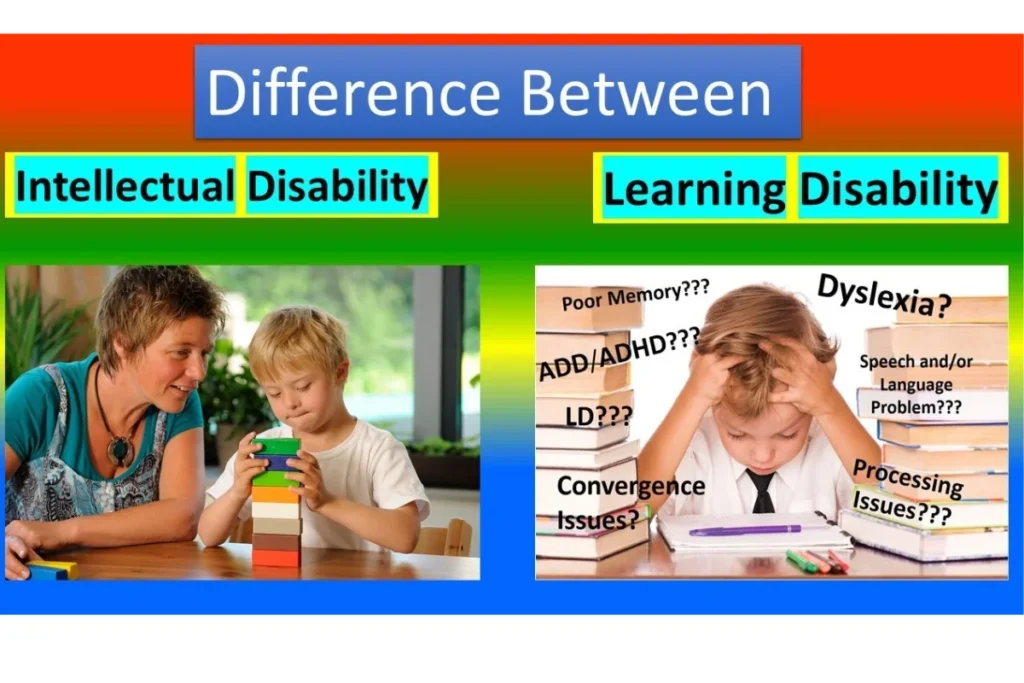Understanding learning difficulties vs learning disability is essential for providing the right support. While learning difficulties affect specific skills like reading or maths, learning disabilities impact overall cognitive abilities.
This guide explains the key differences, signs to look for, and effective support strategies to help individuals succeed in school, work, and daily life.
Table of Contents
Understanding Learning Difficulties and Learning Disabilities
What Is Learning Difficulties?
Learning difficulties affect how a person processes information, making tasks like reading, writing, or maths harder. Unlike learning disabilities, they do not affect intelligence but require different learning strategies.
Common Learning Difficulties Examples
| Learning Difficulty | Impact |
| Dyslexia | Difficulty with reading, writing, and spelling. |
| Dyscalculia | Struggles with numbers, calculations, and mathematical concepts. |
| Dyspraxia | Affects coordination, movement, and fine motor skills. |
Impact on Daily Life of Learning Difficulties
- May require extra time for reading, writing, or problem-solving.
- Challenges in following instructions, organising tasks, or remembering details.
- Can succeed in school and work with the right learning tools and support.
What Is a Learning Disability?

Learning disabilities affect overall cognitive function, making it harder to process, retain, and apply new information. Unlike learning difficulties, they impact multiple aspects of daily life, including communication, reasoning, and independent living.
These conditions are lifelong and often require structured support, early intervention, and specialist care.
Common Learning Disabilities Examples
| Learning Disability | Impact |
| Down Syndrome | Delays in learning, speech, and problem-solving. |
| Autism Spectrum Disorder (ASD) | Challenges with communication, social interaction, and behaviour. |
| Global Developmental Delay (GDD) | Slower progress in speech, motor skills, and cognitive development. |
| Intellectual Disability | Difficulty with reasoning, problem-solving, and independent living. |
| Fragile X Syndrome | Learning delays, social anxiety, and speech difficulties. |
| Williams Syndrome | Delayed development, mild to moderate learning challenges, and unique social behaviours. |
Impact on Daily Life of Learning Disabilities

- Difficulty understanding instructions and learning new skills.
- May need long-term support for daily tasks, communication, and social interactions.
- Structured learning, therapy, and consistent routines can help improve independence.
Key Differences Between Learning Difficulties and Learning Disabilities
The table highlights the key differences between learning difficulties and learning disabilities, focusing on impact, strategies, and support needs.
| Aspect | Learning Difficulties | Learning Disabilities |
| Cognitive Impact | Do not affect overall intelligence. Challenges are specific to tasks like reading, writing, or maths. | Affects intellectual ability, making it harder to understand, solve problems, and manage daily life. |
| Educational Strategies | Benefit from extra support, such as structured teaching methods, visual aids, and assistive tools. | Require individualised education programmes (IEPs) with personalised learning and life skills training. |
| Support Requirements | May need tools like audiobooks, speech-to-text software, and extra exam time to aid learning. | Often require lifelong support with communication, self-care, and independent living. |
How to Identify Learning Difficulties and Learning Disabilities
Recognising the signs early can help individuals receive the right support. While both affect learning, they show different signs and require different approaches.
Signs of Learning Difficulties
- Struggles with reading, writing, or maths despite average intelligence.
- Difficulty processing and remembering information.
- Needs extra time to complete schoolwork or follow instructions.
- Benefits from structured learning methods, visual aids, or assistive technology.
Signs of Learning Disabilities
- Delayed speech, problem-solving, or motor skills development.
- Difficulty with reasoning, communication, or understanding new concepts.
- Challenges in daily activities, such as dressing or personal care.
- May require lifelong support to manage daily tasks and routines.
When to Seek Professional Help
- If a child consistently struggles despite extra support.
- If developmental delays impact their ability to learn and function independently.
- If they experience difficulty with communication, social interaction, or problem-solving.
Early identification allows families, schools, and caregivers to provide the right interventions, helping individuals build confidence and manage challenges more effectively.
How to Support Individuals with Learning Difficulties and Learning Disabilities
Providing the right support can help individuals overcome challenges and build confidence. While learning difficulties may require adjustments in teaching methods, learning disabilities often need structured, long-term assistance.
Supporting Learning Difficulties
- Use Assistive Tools: Speech-to-text software, audiobooks, and visual aids can make learning easier.
- Break Down Tasks: Simplifying instructions into smaller steps helps with understanding.
- Encourage Different Learning Styles: Some individuals learn better through hands-on activities, while others prefer visual or verbal instructions.
- Provide Extra Time: Allowing additional time for reading, writing, or problem-solving reduces stress.
Supporting Learning Disabilities
- Structured Routines: Consistent schedules help create stability and reduce anxiety.
- Simplified Communication: Using clear, direct language with repetition can improve understanding.
- Life Skills Training: Teaching daily tasks, such as cooking or managing money, helps improve independence.
- Specialist Support: Speech therapy, occupational therapy, or educational programmes can offer additional help.
Conclusion
Understanding the difference between learning difficulties and learning disabilities helps individuals receive the right support to live with confidence. Learning difficulties affect specific skills like reading, writing, or maths but do not impact intelligence, while learning disabilities affect overall cognitive function and may require lifelong care.
At Metro Care UK, we provide expert support in a safe and welcoming environment, helping individuals build essential skills, develop routines, and enjoy a fulfilling life. Our team offers personalised care, structured activities, and strong family involvement to keep loved ones connected.
You can help by encouraging learning, being patient, and creating a supportive space at home. Seeking professional guidance when needed makes sure individuals get the right level of care. If your loved one needs extra support, Metro Care UK is here to help. Contact us today to learn more about our services.
Frequently Asked Questions (FAQs)
Is there a difference between learning disability and learning difficulty?
Yes, there is a difference. Learning difficulties affect specific tasks like reading, writing, or maths but do not affect intelligence. Learning disabilities are broader and impact cognitive abilities, affecting skills like thinking, learning, and managing daily life, often requiring more ongoing support.
Is it correct to say learning difficulties?
Yes, “learning difficulties” is the correct term to describe challenges in learning specific skills, such as reading or math, without affecting overall intelligence. This term is often used to describe struggles with certain tasks but doesn’t mean the person has a low IQ.
Is dyslexia a learning difficulty or disability?
Dyslexia is a learning difficulty that affects reading, spelling, and writing. While it makes these tasks harder, it does not impact a person’s intelligence. With the right support and strategies, individuals with dyslexia can succeed in education and other areas of life.
What are the top 5 learning difficulties?
The top five learning difficulties are:
1. Dyslexia: Trouble with reading and spelling.
2. Dyscalculia: Difficulty with numbers and math concepts.
3. Dyspraxia: Affects motor skills and coordination.
4. ADHD: Impacts attention and focus.
5. Auditory Processing Disorder: Difficulty processing spoken language.

